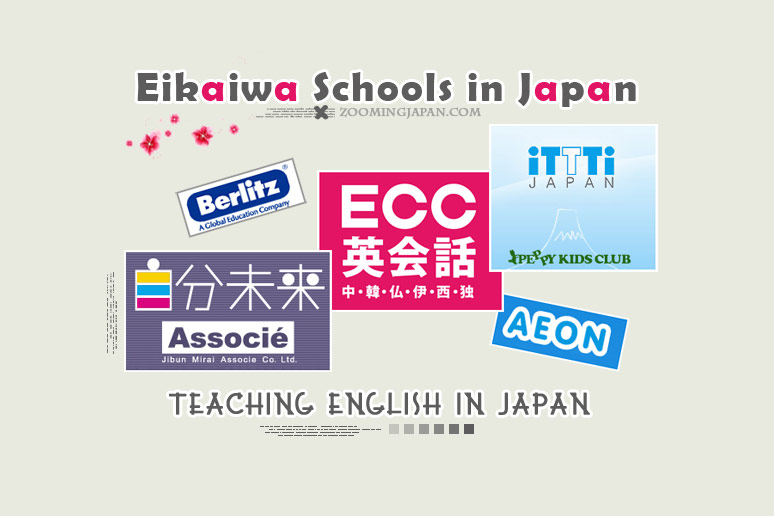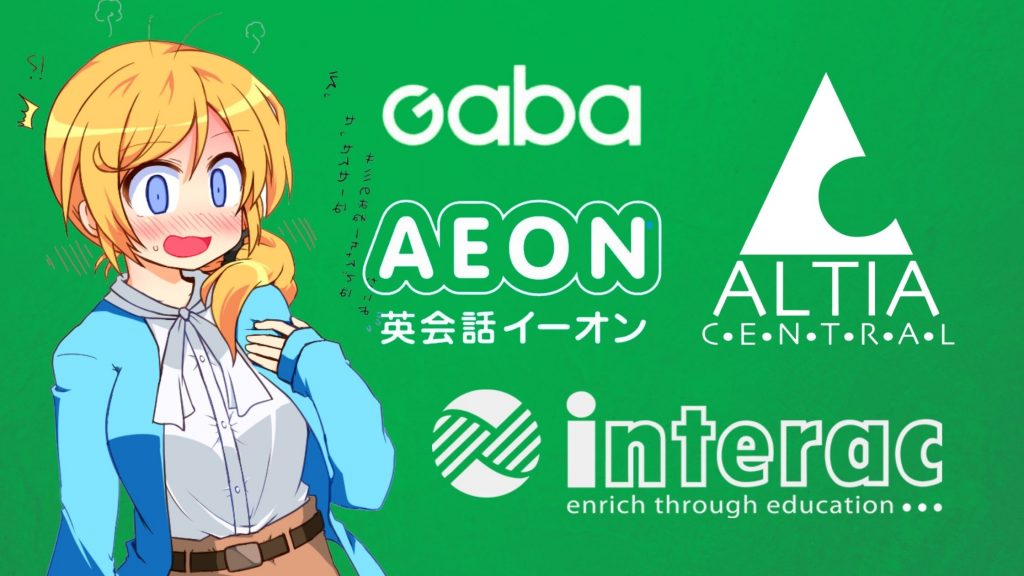Becoming an English teacher in Japan is more than just a job—it’s a chance to immerse yourself in a culture that blends ancient tradition with cutting-edge innovation. Whether you’re a recent graduate, a certified teacher, or someone craving a new adventure, Japan offers a wide range of teaching opportunities to match your experience and goals.
From government programs to private schools and online tutoring, here’s everything you need to know about becoming an English teacher in Japan, including the best places to apply.
1. JET Program – A Prestigious Start to Your Teaching Journey

The Japan Exchange and Teaching (JET) Program is one of the most well-known ways to become an English teacher in Japan. Sponsored by the Japanese government, it places Assistant Language Teachers (ALTs) in public schools across the country.
Why Choose JET?
-
Competitive salary and benefits
-
Flight reimbursement and relocation support
-
Cultural immersion and a strong teacher network
Consider This:
-
The application process is competitive
-
You won’t have control over your placement location
When & How to Apply:
Applications open every fall and are accepted once per year. Visit the JET Program website for application timelines and requirements.
2. Eikaiwa – Teach English in Japan at Private Conversation Schools

Eikaiwa are private English conversation schools offering lessons to children, teens, and adults. These schools often hire year-round and provide full-time contracts with lesson plans and training included.
Top Eikaiwa Chains:
-
AEON – Structured curriculum, benefits, and training
-
GABA – One-on-one lessons with flexible hours
-
ECC – Known for family-friendly lessons and multiple locations
-
Nova – Large network with beginner-friendly hiring
Why Choose an Eikaiwa?
-
Continuous hiring throughout the year
-
Housing assistance often available
-
Great for first-time teachers in Japan
Keep in Mind:
-
Evening and weekend shifts are common
-
Workload and culture can vary by company
How to Apply:
Head directly to each school’s website for current job listings and application instructions.
3. ALT Dispatch Companies – Flexible & Accessible Entry Points

If you’re interested in teaching in Japanese public schools but missed the JET deadline, ALT dispatch companies are a fantastic alternative. These companies contract with schools and place English teachers in classrooms throughout Japan.
Leading ALT Dispatch Companies:
-
Interac – One of the largest ALT providers nationwide
-
Borderlink – Offers positions across diverse regions
-
Altia Central – Focused on high-quality ALT placements
Why This Might Work for You:
-
Easier to get hired than JET
-
Multiple intakes each year
-
Some provide initial training and local support
Potential Drawbacks:
-
Salaries may be lower than JET
-
Placements can shift based on school needs
How to Apply:
Each company has its own application process—check their official sites for openings and requirements.
4. International & Private Schools – Ideal for Certified Teachers

If you’re a licensed teacher or have experience in education, international schools and private institutions in Japan offer well-paid positions with structured curriculums and supportive environments.
Why Choose This Path?
-
Higher salaries and generous vacation time
-
Opportunities for professional development
-
Smaller class sizes and modern facilities
Be Aware:
-
Most schools require a teaching license or a degree in education
-
These positions are more competitive
Where to Look:
Check job boards like TES, ISS, and Schrole, or visit individual school websites directly.
5. University Positions – For the Academically Inclined

Working as a university English teacher in Japan is a dream job for many, thanks to great pay, prestige, and a balanced work schedule. These positions often involve teaching English communication or academic writing to undergraduates.
Why It’s Worth Considering:
-
High pay with fewer teaching hours
-
Generous vacations and research opportunities
Requirements:
-
A master’s degree (often in TESOL, linguistics, or education)
-
Prior teaching experience, ideally in Japan or at the college level
Where to Find Jobs:
-
JREC-IN (Japan’s academic job database)
-
University career pages
-
Professional networks and conferences
6. Freelance or Online English Teaching in Japan
Want total flexibility? Teaching English online or freelancing can give you full control over your schedule and income. Many expats supplement their income or even build full-time careers this way.
Popular Platforms to Get Started:
-
italki
-
Private tutoring or language cafes in Japan
Why Go Freelance?
-
Set your own rates and hours
-
Teach from anywhere—online or in-person
-
Great option for digital nomads or side hustlers
Challenges to Consider:
-
You’ll need to market yourself
-
Income is not guaranteed
-
Visas may be tricky without a sponsoring employer
Final Thoughts: Is Being an English Teacher in Japan Right for You?
No matter your background or teaching goals, there’s a path for you to become an English teacher in Japan. Whether you’re looking for structure and support through the JET Program, want the flexibility of an eikaiwa, or are ready for a prestigious university role, Japan has an option for you.
Ready to start your journey? Teaching Nomad offers expert placement services, resume reviews, and personalized guidance to help you land your dream job in Japan. We’ve helped thousands of teachers take the leap—and we’ll be with you every step of the way.
Explore current job openings or speak with a placement consultant today to take your first step toward teaching in Japan.


